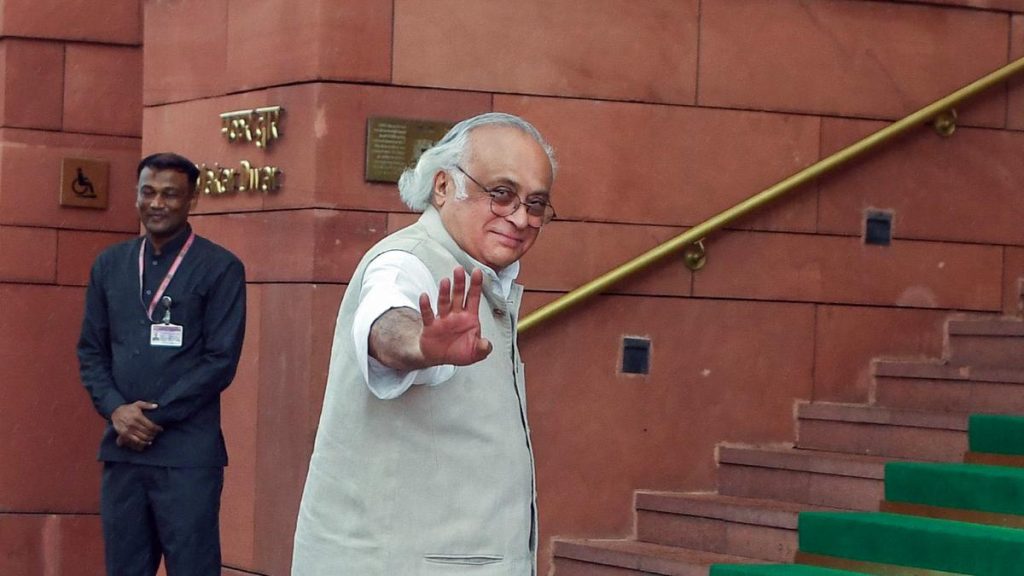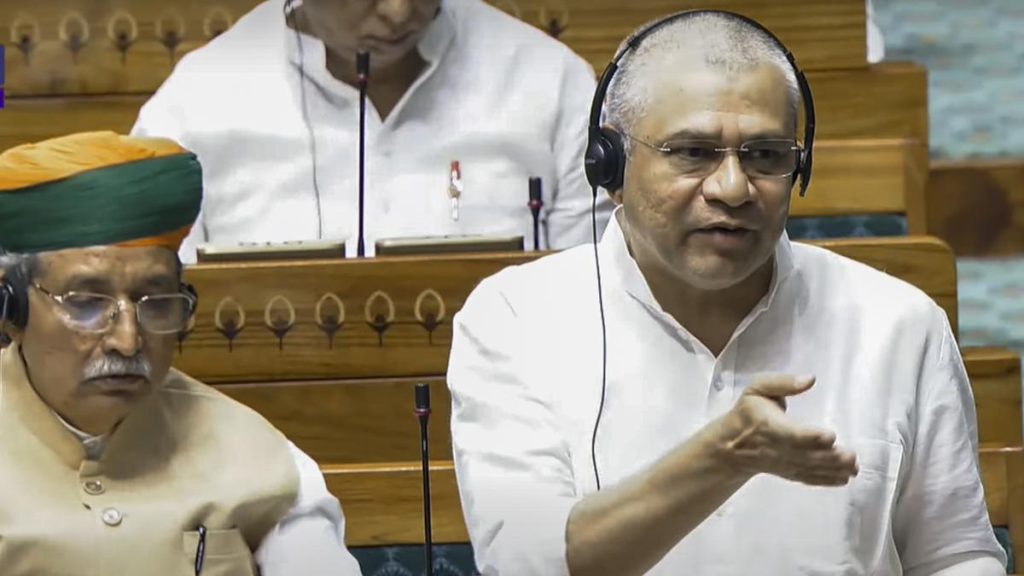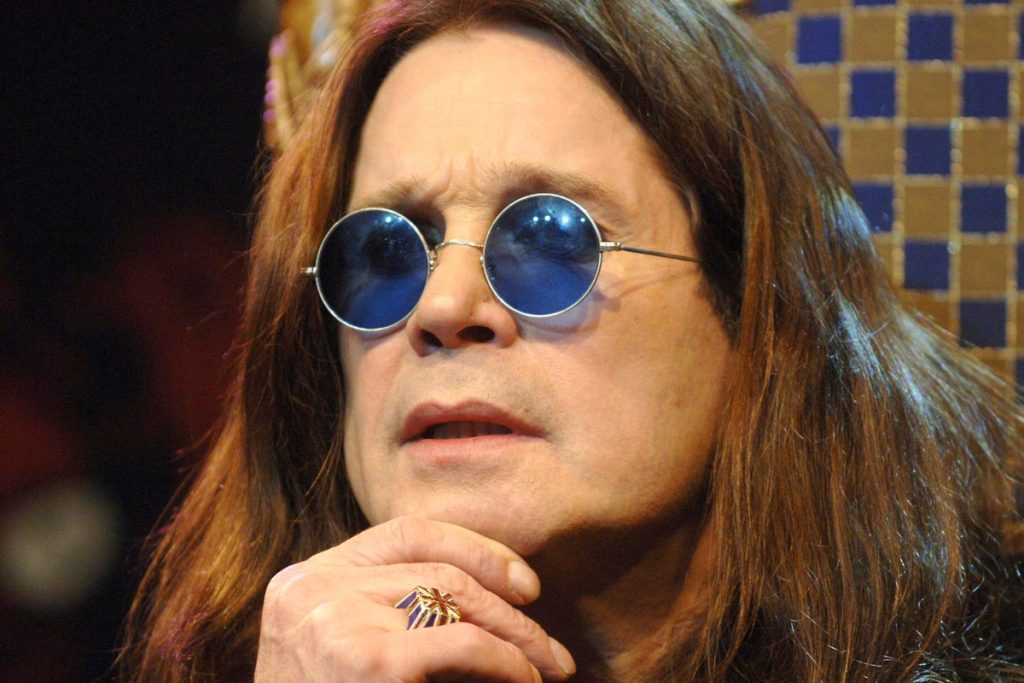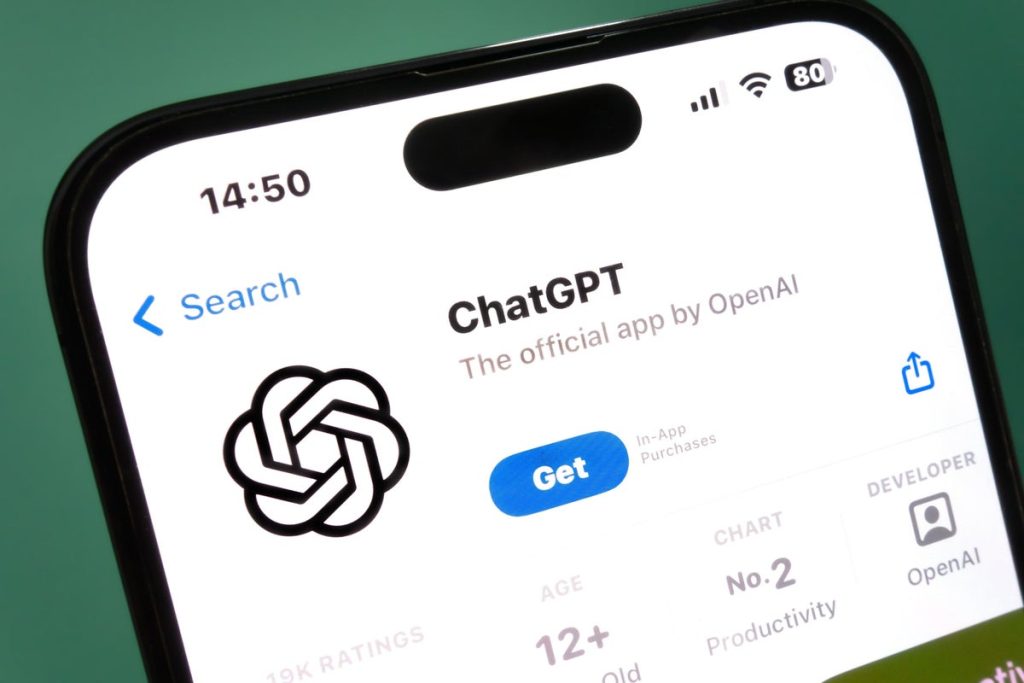Now Reading: Diet soda might be making you hungrier
-
01
Diet soda might be making you hungrier
Diet soda might be making you hungrier
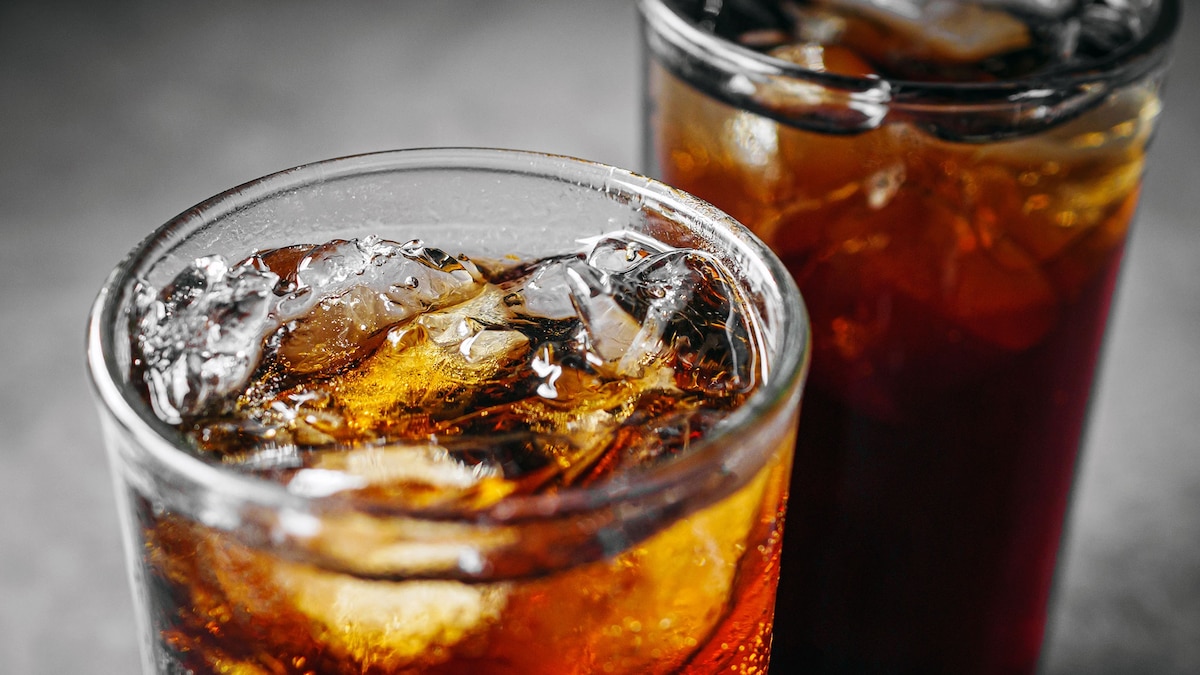
Millions of people reach for diet sodas each day to reduce sugar intake, manage their weight, or make healthier choices. But new research suggests these artificially sweetened drinks may do more than satisfy a sweet tooth—they may also be quietly rewiring how the brain regulates hunger.
Artificial sweeteners have long been controversial for their possible link to cancer and poor gut health. Yet some studies suggest that sweeteners like sucralose may stimulate the regions of the brain involved in hunger signaling, potentially triggering the urge to eat. Whether that leads to actual weight gain is less clear, but the idea that diet sodas support weight loss is becoming increasingly complicated.
What does sucralose do differently than sugar
When you eat or drink something with calories—such as a sugary soda—your body initiates a cascade of responses designed to manage energy. Glucose is absorbed into the bloodstream, your gut releases hormones like GLP-1 and leptin, and your pancreas produces insulin. Together, these signals tell the hypothalamus—the brain’s hunger-regulating command center—that energy has arrived, helping you feel full and satisfied.
(The surprising reason we can’t stop thinking about junk food.)
But that feedback loop breaks down when artificial sweeteners like sucralose enter the picture. Such changes can be observed through functional MRI scans showing activity in the hypothalamus and its connections to other brain regions, says Kathleen Page, an endocrinologist and director of the Diabetes and Obesity Institute at the University of Southern California’s Keck School of Medicine. “We think [the activity] may be a biomarker of satiety signaling,” she says. Eating glucose typically causes a decrease in hypothalamic activity, which is associated with feelings of fullness. Sucralose, an artificial sweetener, seems to increase the activity in the brain region instead.
Page’s team tested this by giving 75 young adults beverages sweetened with either sucralose, sucrose (table sugar), or plain water. They found that sucralose-sweetened beverages increased blood flow to the hypothalamus and resulted in increased hunger, while sucrose-sweetened beverages reduced blood flow and hunger. And unlike sucrose, they found that artificial sweeteners didn’t increase levels of insulin and GLP-1 in the blood—some of the hormones linked to promoting satiety. Previous studies on mice show similar results.
One possible explanation? A disconnect between taste and nutrition. Sucralose is hundreds of times sweeter than sugar but contains no calories. “When the brain gets a signal of sweetness, it’s anticipating that nutrients will follow,” Page says. But when they don’t, the mismatch might stimulate appetite “because the brain is still looking for that nutrient,” Page says, adding that this phenomenon has been observed in mice, which crave more sugary foods after they’ve consumed an artificial sweetener.
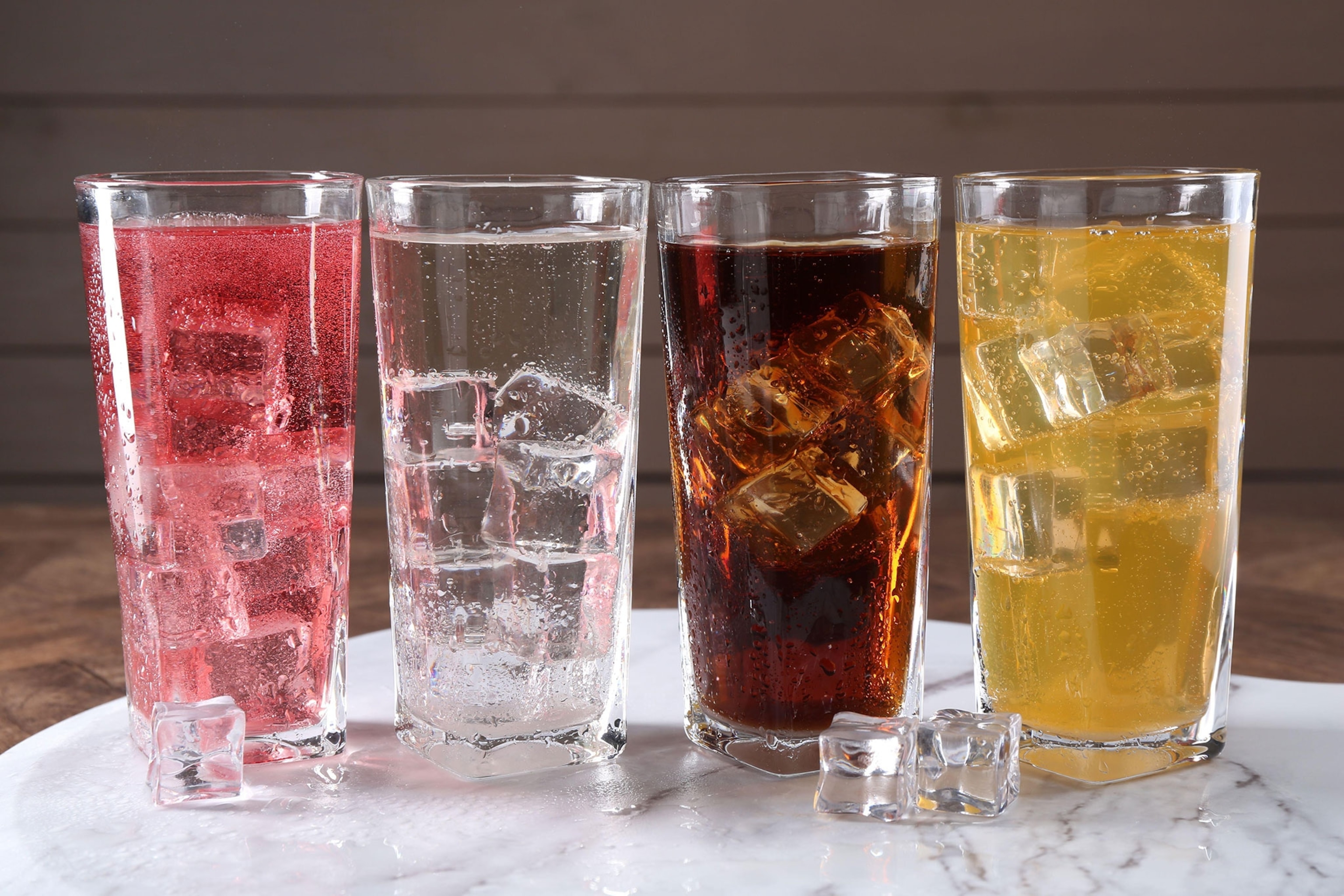
Naturally flavored sparkling waters offer a no-sugar, no-sweetener option that some experts recommend over diet sodas for curbing cravings.
Photograph By Olga Yastremska/ Alamy
Does all this lead to weight gain?
Artificial sweeteners don’t just affect the brain; they affect metabolism too. A 2020 study found that when sucralose was consumed alongside carbohydrates—which are broken down into glucose in the body—it impaired glucose metabolism by making participants less sensitive to insulin. “By adding an artificial sweetener, you change the metabolic fate of the glucose,” says Dana Small, a neuroscientist and psychologist specializing in metabolism at McGill University in Montreal and lead researcher of the study.
Although artificial sweeteners appear to disrupt these signals, the evidence on whether that leads to weight gain is mixed. Several large cohort studies have linked artificial sweeteners with an increased risk of obesity and weight gain. One recent study found those who drank diet beverages daily were more likely to develop type 2 diabetes. Other new results show that high consumption of diet beverages and saccharin (but not aspartame or sucralose) is linked to a greater risk of developing diabetes. Another 20-year study found people accumulated more body fat if they were more frequent consumers of sweeteners.
You May Also Like
(Low-calorie sweeteners might not be as good for us as we thought.)
But correlation isn’t causation. “People who drink artificial sweeteners are more likely to be thinking about their weight,” Small says. “Is the artificial sweetener causing the weight gain, or is it the weight gain causing the artificial sweetener use?” Still, international agencies have incorporated these results into their health recommendations. The World Health Organization cautioned against using artificial sweeteners for weight management in 2023, citing evidence that linked them to increased risk of obesity and type 2 diabetes.
Randomized controlled trials have also produced conflicting results. Some show that replacing sugary drinks with artificial sweeteners, especially as part of a weight loss program, can lead to a modest amount of weight loss. But other evidence shows the opposite. Results presented at this year’s American Diabetes Association meeting showed women with type 2 diabetes who swapped diet drinks with water were twice as likely to go into remission. They also lost about 4.5 pounds more than those who continued drinking the diet beverages.
The role of hunger—and why it might not matter
Even as studies show that artificial sweeteners may stimulate appetite, some researchers argue that hunger itself may not be the main reason we eat.
“It’s not so common that we actually eat because we’re hungry and stop eating because we’re full,” says Richard D. Mattes, a nutrition scientist at Purdue University in Indiana. Boredom, craving a sensory experience, or being in a social setting are among the other reasons people might start eating. “Hunger is a relatively minor contributor to that,” he says.
(Addicted to diet soda? Here’s the history of its low-calorie secret weapon.)
Ideally, everyone would drink plain water. “But the issue is, people choose to use a beverage to satisfy other desires for sensory stimulation,” Mattes says. If a low-calorie sweetened beverage replaces an energy-rich beverage and helps people comply with a diet, then it serves a function, he added.
Still, others urge more caution given the mounting evidence on the adverse health effects of the beverages. Page counsels her patients with diabetes against both sugary drinks and artificially sweetened ones, given how sweet taste, regardless of the source, may increase appetite or trigger cravings. For those who can’t give up the fizz of soda, she recommends naturally flavored carbonated waters instead.
“The bottom line is that artificial sweeteners are not inert like they were once thought to be,” Small says. “And I think the bulk of the evidence suggests that they’re not healthy.”


